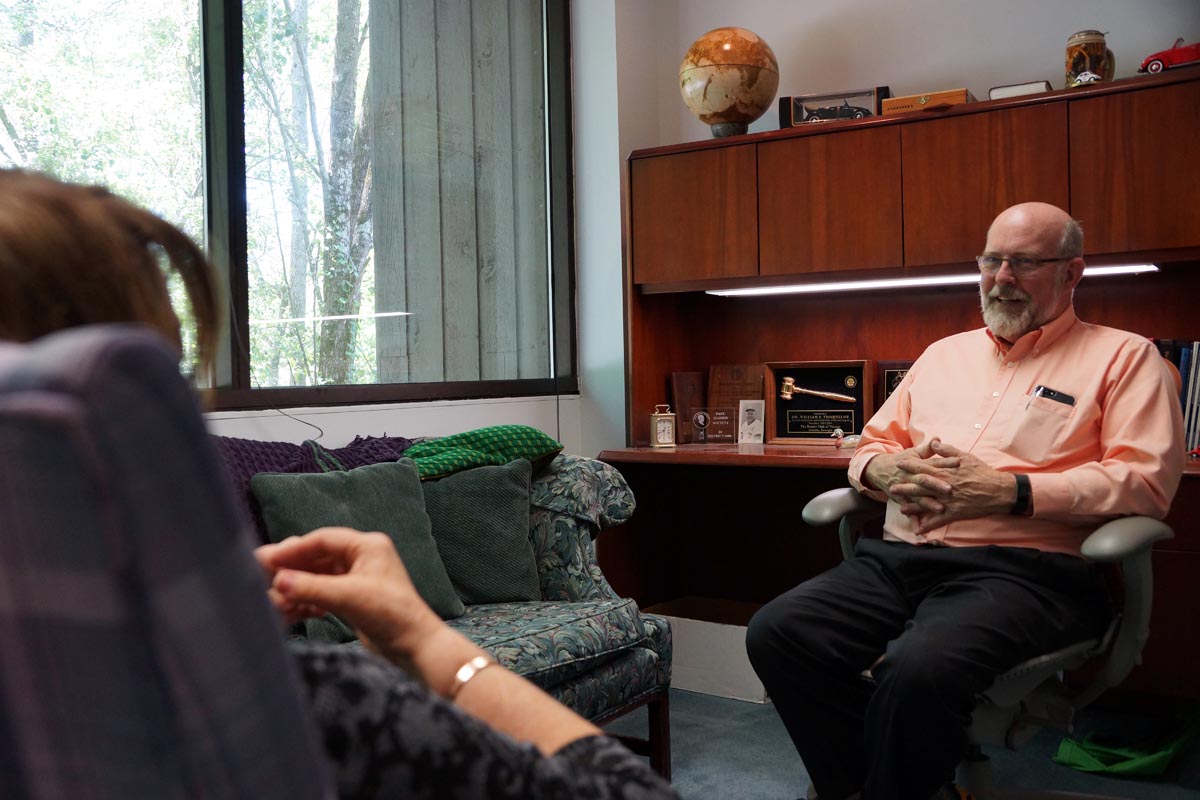
Depression is a group of several illnesses including Major Depression, Dysthymia (persistent depression), PreMenopausal Depression, Post Partum Depression, Depression from substance abuse, depression from medical illnesses and others. The core symptoms are either mood disorder often described as sad, empty or irritable, or loss of ability to find pleasure or maintain interests in usual activities. Additional physical and cognitive symptoms may occur.
These illnesses are frequently recurrent. It usually helps to continue a successful treatment rather than discontinuing with a risk of relapse. There is no guarantee that previously successful treatment will succeed in such cases. Medication treatment have included the Serotonin Re-uptake Inhibitors (SSRI), Non Selective Serotonin Re-uptake Inhibitors (SNRI), Mono Amine Oxidase Inhibitors (MAOI) and Tri cyclic Antidepressants (TCA). Medical science has not advanced to the point of helping clinicians know which is “The One” for our patients. Hence, we need all the help we can get from patients and families for a successful treatment plan.
Medical literature has found that combination of psychotherapy and medications have the best chance for improvement of mood disorders. While acute treatment often involves frequent visits, maintenance is often only a few times a year. Treatment often requires prescriptions for exercise, diet, sleep and other activities. For instance, in mild depression, 20 minutes of exercise daily for 3 weeks may be as effective as Prozac.
I do not provide somatic therapy such as Electroconvulsive Therapy (ECT), Transcranial Magnetic Stimulation (TMS) and others. I frequently refer to other centers for evaluation and performance of these procedures. I will continue to treat and follow patients who require these treatments. These treatments may be lifesavers for those who have not responded well with medications. For instance, ECT may be able to lead to remission of depression up to 95% of the time, while medications are frequently felt to be only 60% effective for remission.